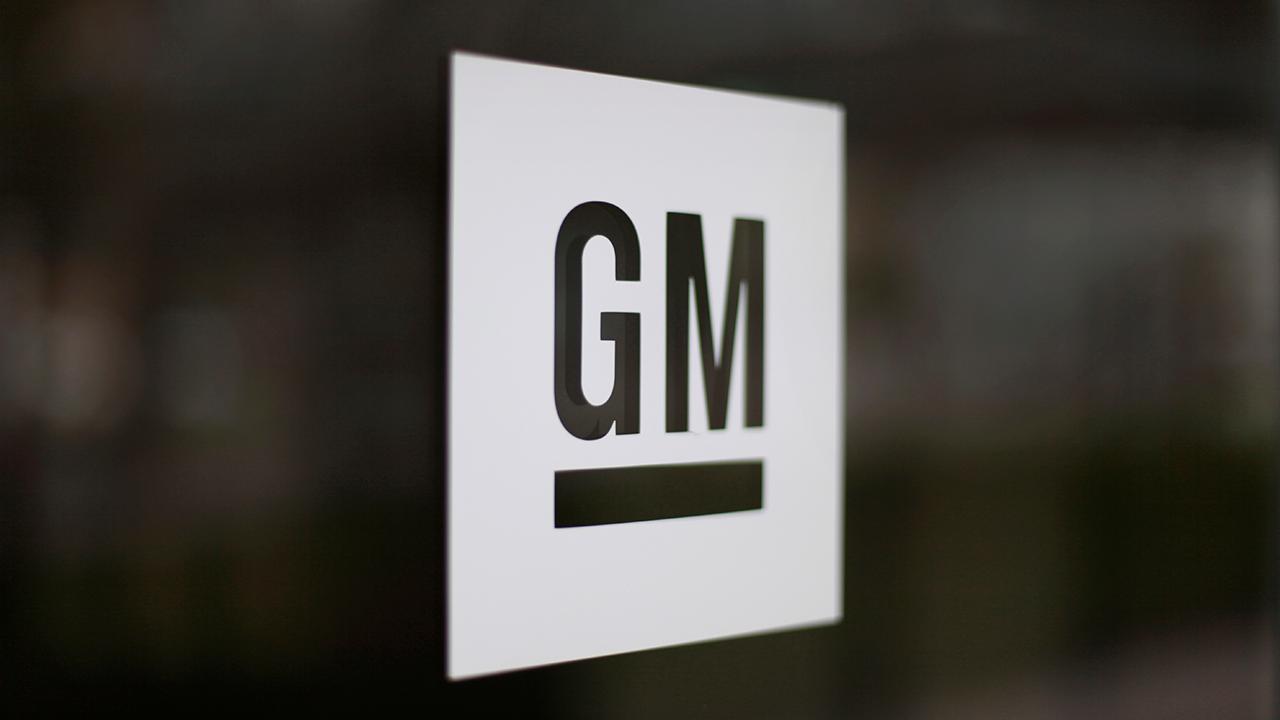Car costs rising, tariffs not the problem. Here's why.
Vehicle costs are rising for U.S. consumers, but there still may be deals to be had for those looking to buy an SUV, pickup truck or one of the production lines recently discontinued by major car manufacturers.
Compared to last year, the average transaction price in May rose 3.8 percent to $36,954, according to Edmunds.
That increase could be exacerbated by escalating trade tensions with Mexico. President Trump is slated to impose on Monday a 5 percent tariffs on all goods shipped from the U.S.’s southern neighbor. Vehicle prices could increase by over $1,000 should the duties rise to 25 percent by October as the White House threatens.
The industry is charging more after outfitting upgraded models with new technology, like improved powertrain and safety technology, as well as better entertainment options. Incentives are also on the decline, as manufacturers look to combat a slowing demand for vehicles globally and mitigate the impact of new tariffs.
That all contributed to a 2.6 percent annual rise in car prices over the past six years, according to J.D. Power. The increases are pricing out the lower end of the market. Sales below $20,000 fell 19 percent last year, while sales over $80,000 grew 15 percent, according to the consumer marketing firm.
“We’re seeing a lot of pricing [increases] in the market now. There’s a lot of content behind that,” J.D. Power’s Tyson Jominy told FOX Business.
For several years, the conditions to finance and purchase a new vehicle were aligned in the consumer's best interest. Trade-in values were high and interest rates were at historic lows, coupled with decreased transaction prices and more favorable loan terms.
Now, all four of those criteria have largely reversed.
“There’s not a lot of support for the affordability side of the equation,” Jominy said.
And while incentives remain for the higher-priced models, particularly after Memorial Day, offers are on a nine-month decline.
But now may still be the best time to purchase a new vehicle, particularly if tariffs are to rise, which would have a much more dramatic effect on pricing. Summer is an attractive market for consumers, experts say, as car manufacturers gear up to roll out new models at the end of the year.
“You could get a better deal on an SUV and a truck because production has been turned up dramatically,” said Jessica Caldwell, executive director at Edmunds. “These prices have really risen quite dramatically and the fact that people are still paying them and also sales are quite good for these vehicles.”
Another possible option for the savvy customer is purchasing one of the models that carmakers are ending.
Ford, for example, is stopping production of the Focus and Fiesta models, presenting a potentially good option for those individuals less inclined to worry about resale value. As evidence of the value, sales of the Fiesta rose nearly 30 percent in the first three months of 2019.
| Ticker | Security | Last | Change | Change % |
|---|---|---|---|---|
| F | FORD MOTOR CO. | 13.80 | +0.08 | +0.58% |
| GM | GENERAL MOTORS CO. | 84.24 | +0.94 | +1.13% |
| FCAU | NO DATA AVAILABLE | - | - | - |
Higher transactions costs, along with a shift in consumer preference towards sports utility vehicles and pickup trucks, are helping to shield earnings at top carmakers from a global slowdown in auto sales.
Transaction costs at General Motors in the first quarter, for example, were the highest in history for the period. Prices for the Detroit-based company’s upgraded pickup truck line were $5,800 then the prior models.
CLICK HERE TO GET THE FOX BUSINESS APP
At rival Ford Motor Co., average sticker costs stayed flat at $47,000 despite rising competition from GM and Fiat Chrysler.
This article was updated after J.D. Power provided revised statistics.




















